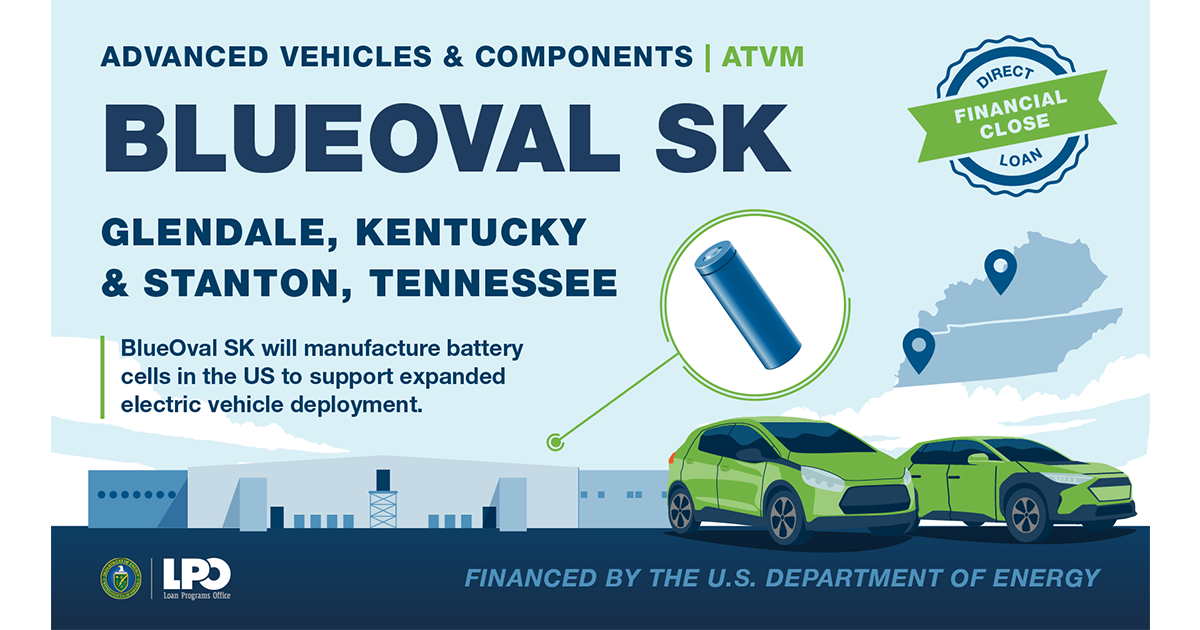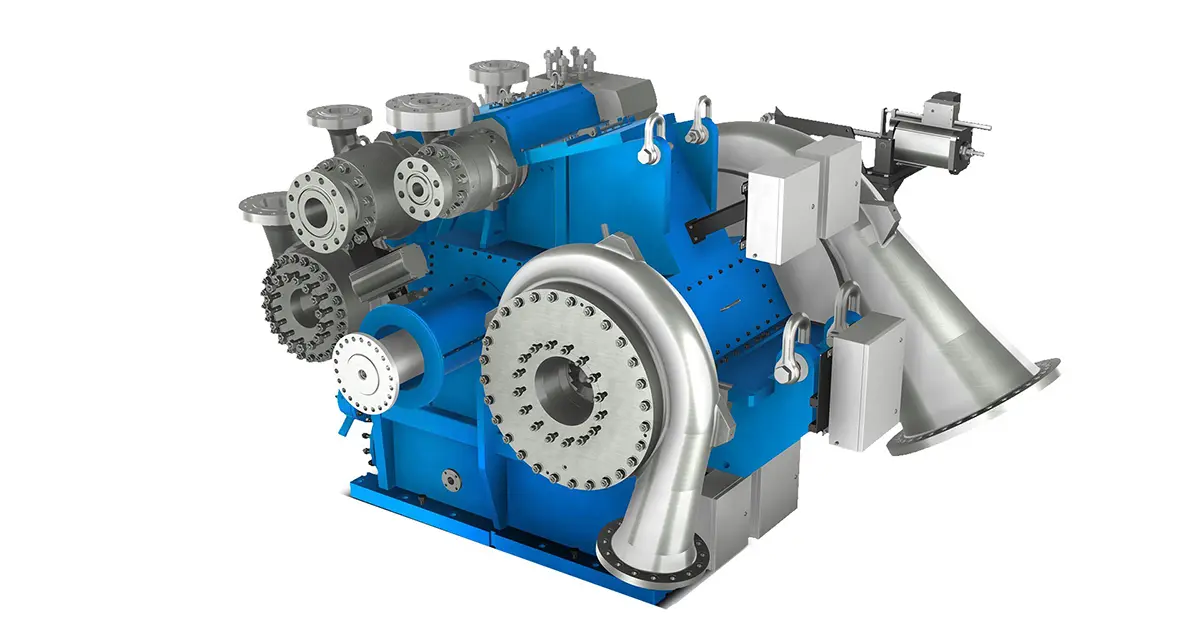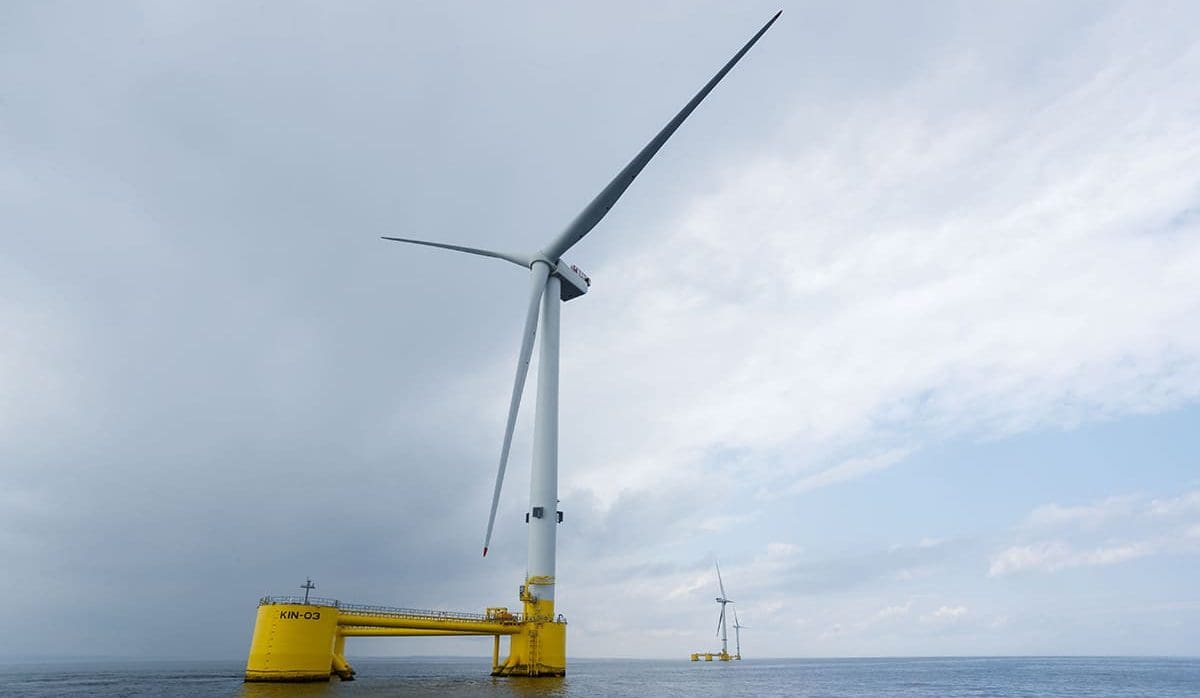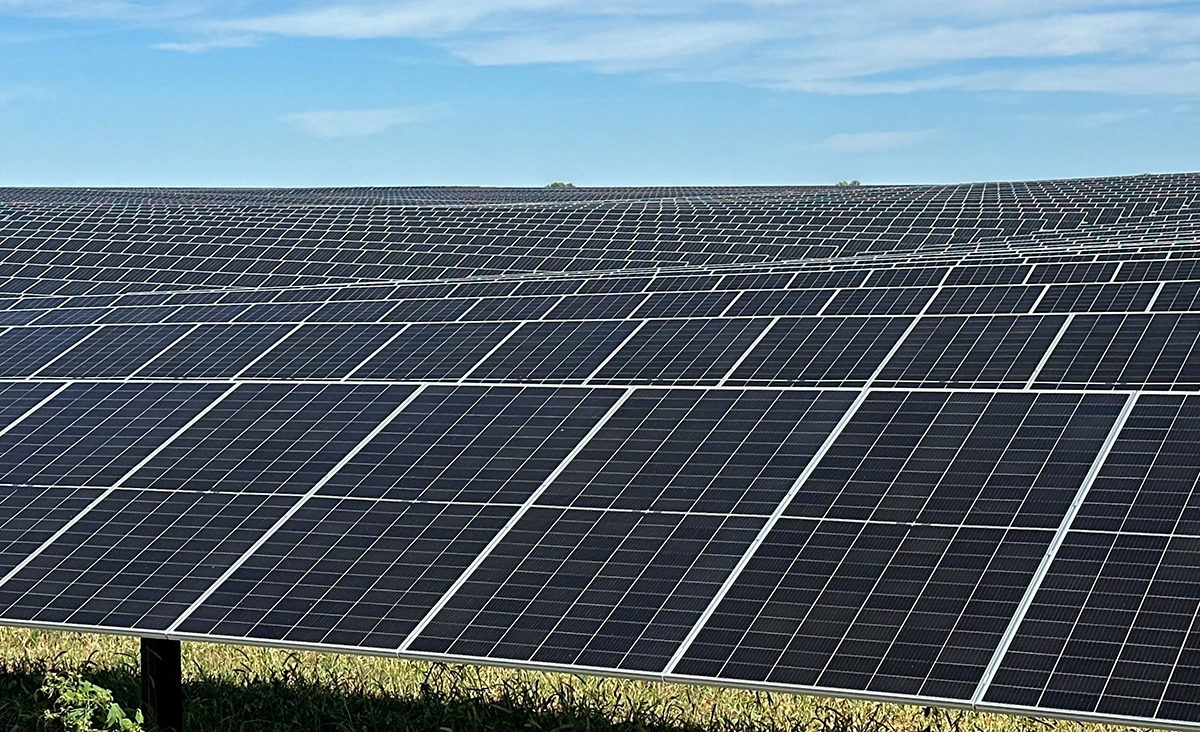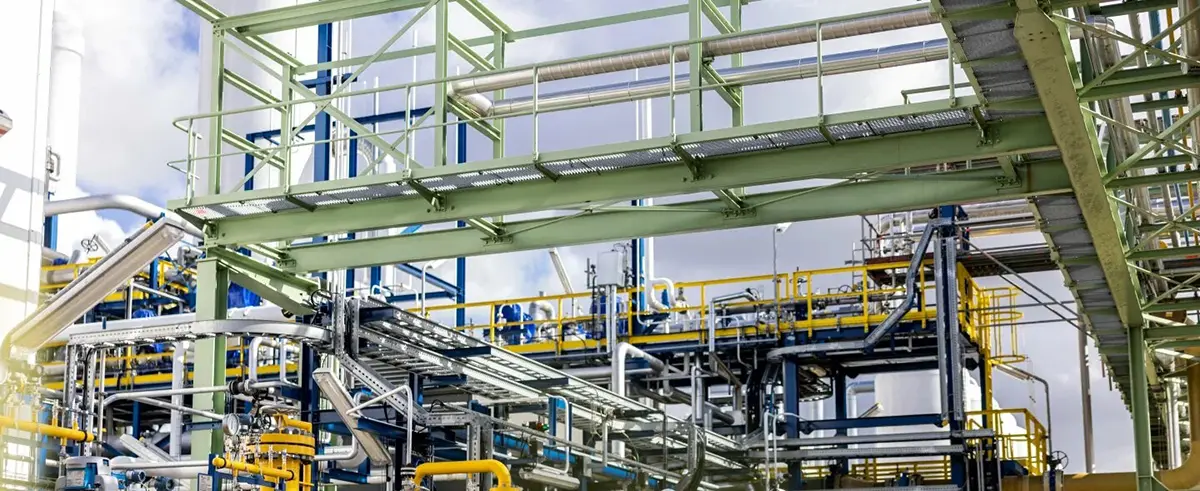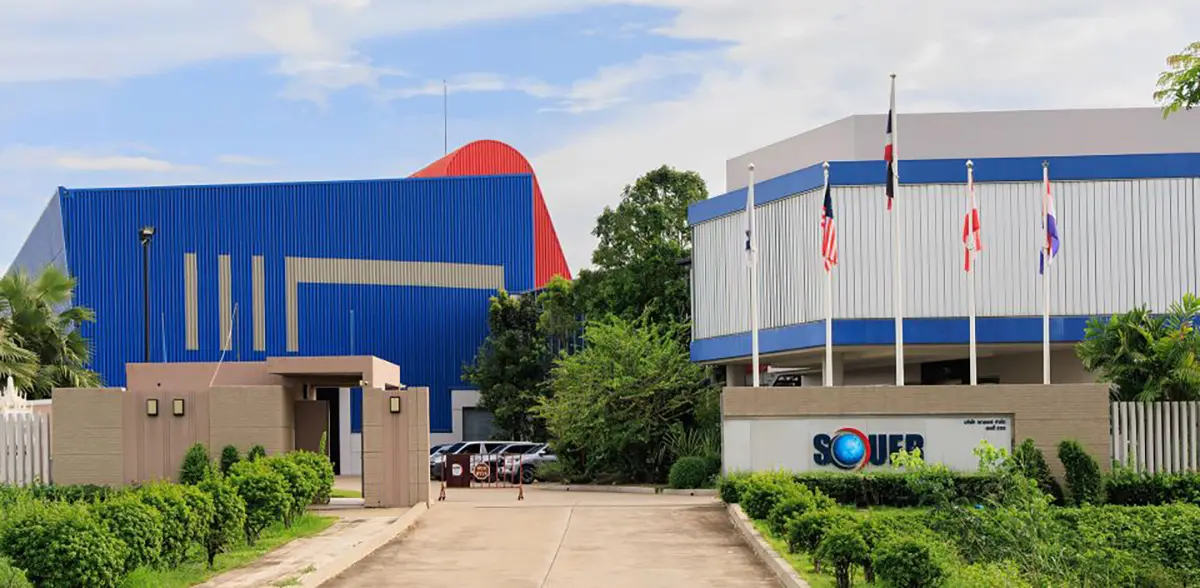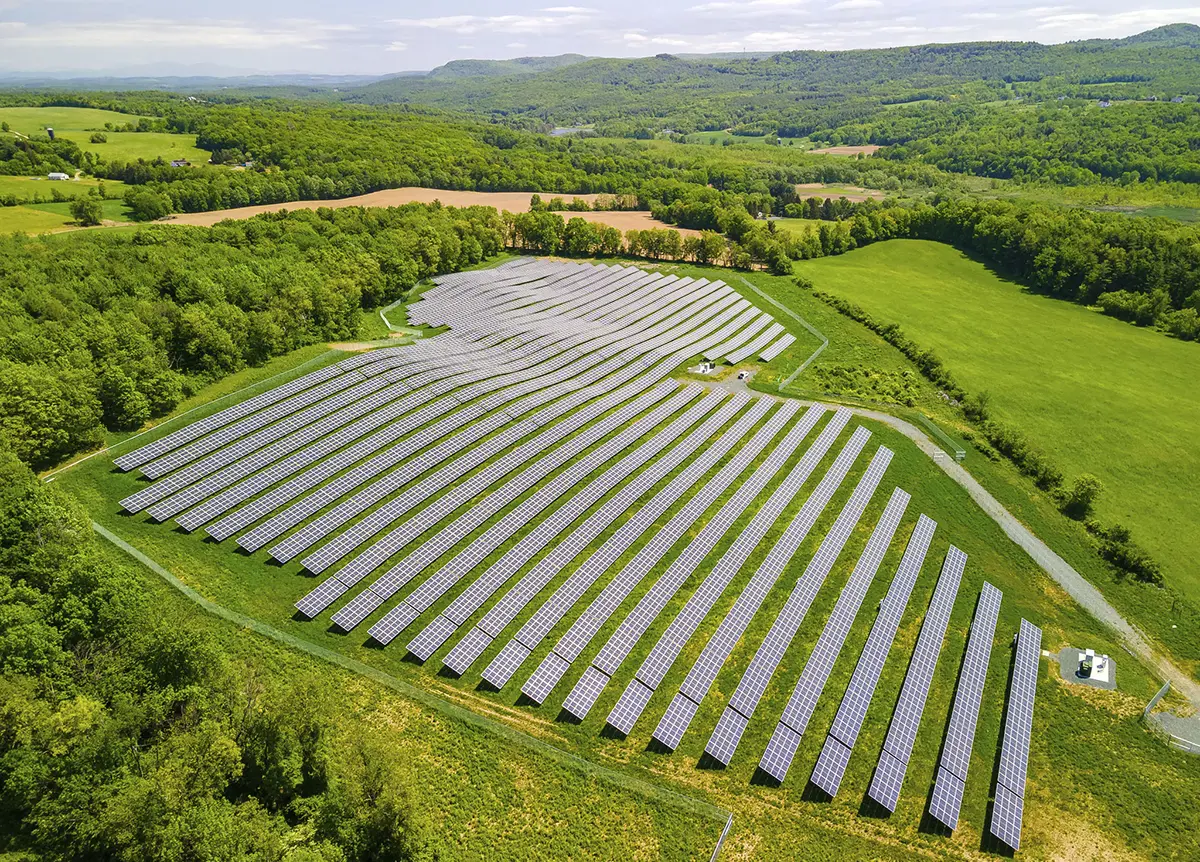
Singapore Pledges Net-Zero By 2050, Updates 2030 Climate Goals

On October 25, Singapore’s National Climate Change Secretariat (NCCS) and Ministry of Sustainability and the Environment (MSE) announced that the country is raising its climate target to achieve “net-zero emissions by 2050” as part of its Long-Term Low-Emissions Development Strategy (LEDS). The NCCS and MSE also announced that Singapore will “reduce emissions to around 66.1 million tons [60 million tonnes] of carbon dioxide equivalent (MtCO2e) in 2030 after peaking emissions earlier” as part of its revised 2030 Nationally Determined Contribution (NDC). Singapore will submit these updates to the LEDS and 2030 NDC to the UNFCCC by the end of 2022.
This revision to Singapore’s national climate target builds upon its current LEDS and NDCs, as well as Singapore’s early actions toward sustainable development since independence. In 2009, Singapore had pledged to reduce emissions by 16% below Business-as-Usual (BAU) levels by 2020 ahead of the Copenhagen Summit under the Copenhagen Accord. Singapore has achieved this pledge — its 2020 emissions of 52.8 MtCO2e is equivalent to 32% below its BAU levels.
Given that Singapore is an alternative energy disadvantaged island city-state, these targets are contingent on technological advances and the economic viability of low-carbon technologies such as hydrogen and carbon capture, utilization, and storage (CCUS), as well as effective international collaborations in areas such as carbon credits and renewable energy imports. Singapore’s ability to fulfil its pledges, like all parties, will depend on the continued international commitment by parties to the Paris Agreement and their climate pledges.
Singapore believes that the transition to net zero demands ambitious and collective action. Singapore announced its national hydrogen strategy, which will guide its approach in developing low-carbon hydrogen as a new frontier in its efforts to green its power and industry sectors, as well as contribute to the decarbonization of international maritime and aviation. To lead the way for Singapore’s decarbonization journey, the public sector will commit to achieve net-zero emissions around 2045 under the GreenGov.SG initiative. This will be contingent on the progress of technologies and international cooperation to enable mitigation measures. Jurong Lake District will also aim to achieve net-zero emissions for new developments around 2045.

These plans and revised targets build upon the announcement during Budget 2022 of Singapore’s intention to raise its climate ambitions. Since then, under the Singapore Green Plan 2030, the Government has engaged more than 1700 members of the public and key stakeholders on Singapore’s climate ambition, including a public consultation exercise via REACH in September 2022. Across these various engagements, respondents agreed with the need for Singapore to increase its climate ambition given the urgent global need to take climate action.
Executing the net-zero transition will not be easy for Singapore given its small geographical size and lack of renewable energy resources. However, Singapore has chosen to commit to these targets because we have a responsibility to carefully steward a sustainable environment for future generations. Singapore said that the public and private sectors, as well as community and individuals, will all have key roles to play in coming together to transform the way we live, work, and play in a low-carbon future, and to seize new opportunities in this green transition.

